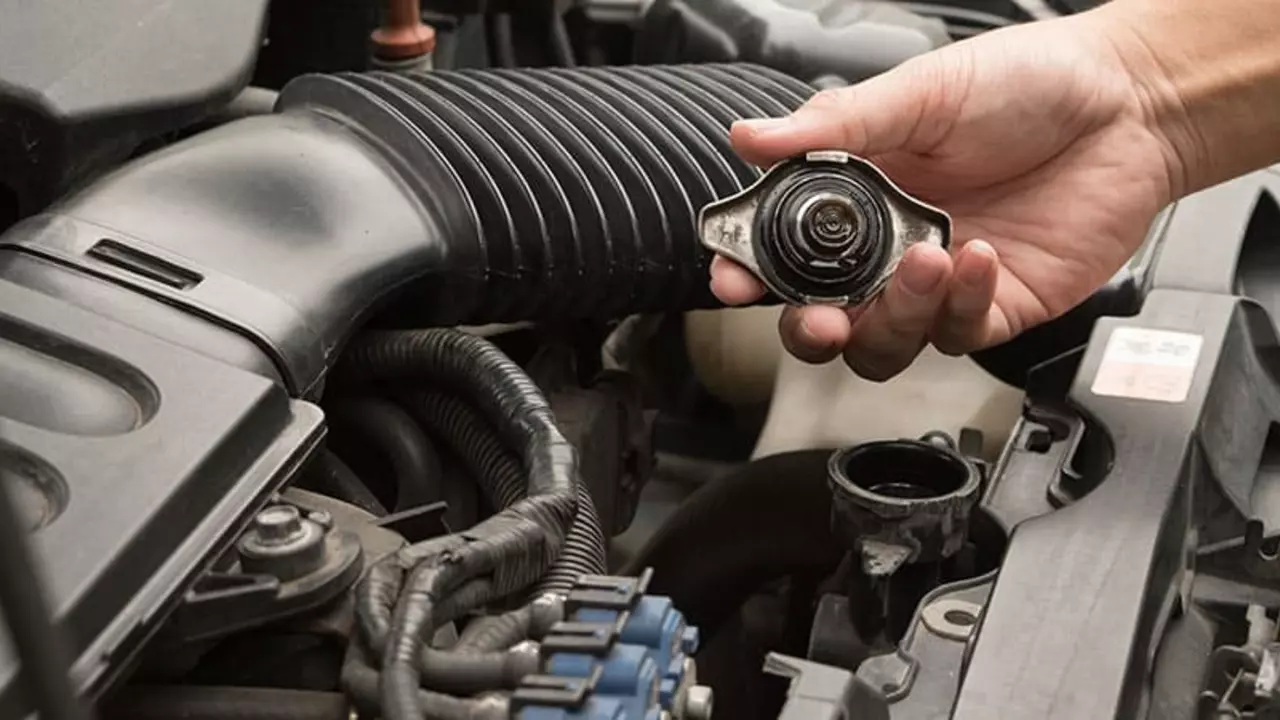Understanding the Basics of Your Car's Cooling System
Your car's cooling system is a crucial component that ensures your engine runs smoothly and efficiently. It works by circulating coolant, which is a mixture of water and antifreeze, through the engine. This process absorbs heat from the engine and then dissipates it through the radiator. A properly functioning cooling system is essential to prevent overheating, which can cause severe damage to your engine.
Now, you might be wondering, what does oil have to do with this? Well, oil is another vital fluid in your car. Its primary job is to lubricate the engine's moving parts, reducing friction and thus preventing wear and tear. However, if you find oil in your car's radiator, it's a sign that something is seriously wrong, and it needs immediate attention.
Common Causes: Why is There Oil in My Car's Radiator?
The most common reason for finding oil in your car's radiator is a faulty head gasket. The head gasket is a seal between the engine block and the cylinder head. If it gets damaged, it can allow coolant and oil to mix. This is a serious issue that can lead to significant engine damage if not addressed promptly.
Another possible cause is a crack in the engine block or the cylinder head. These cracks can occur due to overheating, and they can allow oil and coolant to mix. A faulty oil cooler can also lead to this problem. The oil cooler cools the oil before it enters the engine. If it's damaged, it can let oil into the coolant system.
Recognizing the Signs of Oil in Your Radiator
It's essential to understand the signs of oil in your radiator so you can catch the issue early and prevent further damage. One of the most obvious signs is a milky or frothy substance in your radiator or coolant reservoir. This is the result of oil and coolant mixing together.
Other signs include white smoke coming out of the exhaust, overheating, and a significant loss of coolant without any apparent leaks. If you notice any of these signs, it's crucial to have your car inspected by a professional immediately.
How to Deal with Oil in Your Radiator
If you suspect there's oil in your car's radiator, the first thing you should do is stop driving and call a professional. As I mentioned earlier, this is a serious issue that can cause significant engine damage, so it's not something you want to try and fix yourself unless you're an experienced mechanic.
The professional will likely need to perform a pressure test to confirm the presence of oil in the coolant and identify the source of the leak. Depending on the cause, the repair could involve replacing the head gasket, repairing or replacing the engine block or cylinder head, or replacing the oil cooler.
The Consequences of Ignoring the Problem
Ignoring the problem of oil in your radiator can lead to severe consequences. The mixture of oil and coolant can cause your engine to overheat, leading to significant engine damage. This can include warped or cracked components, blown head gaskets, and even a seized engine.
Furthermore, the oil can contaminate the coolant, reducing its ability to cool the engine effectively. This can lead to even more overheating problems. In the worst-case scenario, you could end up needing a complete engine replacement, which can be very costly.
Maintaining Your Car to Prevent Oil in Your Radiator
Prevention is always better than cure. Regular maintenance is the key to preventing oil from getting into your car's radiator. This includes regular oil changes, checking and topping up your coolant as necessary, and having your car serviced regularly by a professional.
If you notice any signs of oil in your radiator, don't ignore them. It's far better to deal with the problem as soon as possible, rather than waiting for it to get worse and potentially causing more damage. Remember, your car is a significant investment, and looking after it properly can save you a lot of time, money, and stress in the long run.
